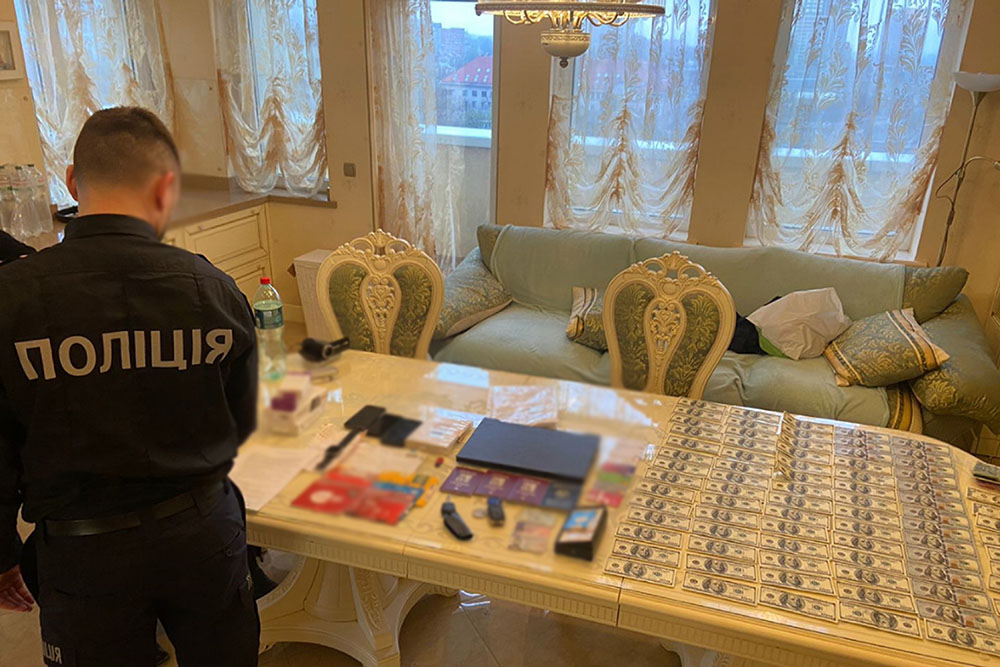 The Czech and Ukrainian police have disrupted, with the support of Europol and Eurojust, a prolific phishing gang believed to have defrauded victims across Europe of tens of millions of euros. In Czechia alone, the damage caused by this criminal group is estimated at over EUR 8 million (CZK 195 000 000).
The Czech and Ukrainian police have disrupted, with the support of Europol and Eurojust, a prolific phishing gang believed to have defrauded victims across Europe of tens of millions of euros. In Czechia alone, the damage caused by this criminal group is estimated at over EUR 8 million (CZK 195 000 000).
As a result of this investigation, six suspects were already arrested in Ukraine and four in the Czech Republic in April this year. Locations in Czechia (Domazlice, Rokycany and Plzen) and Ukraine (Dnipropetrovsk) were searched during the raids, including the homes of the accused, vehicles and call centres.

Mobile phones, SIM cards and computer equipment were seized during the crackdown.
The criminal group operated from call centres located in Ukraine and carried out vishing – or voice phishing – attacks, mainly targeting Czech victims. The fraudsters asked them to transfer funds from their ‘compromised’ bank accounts to ‘safe’ bank accounts controlled by the criminals.
The suspects used spoofed phone numbers and impersonated bank employees and police officers to gain the trust of their victims.
European coordination
The case was opened at Eurojust in November 2021 at the request of the Czech authorities. A joint investigation team (JIT) was set up between the Czech and Ukrainian authorities with the support of Eurojust in June 2022. The Agency hosted five coordination meetings to facilitate the communication and judicial cooperation between the authorities involved.
Europol’s European Cybercrime Centre (EC3) has been supporting the case since December 2021 by facilitating the information exchange, hosting operational meetings and providing digital forensic support on the seized devices. Europol is currently carrying out analytical work to identify potential victims in other European countries.
How to avoid being a victim of bank vishing calls
Vishing is the use of fraudulent phone calls to trick people into giving money or revealing personal information. Vishing frequently involves a criminal pretending to represent a trusted institution, company or government agency.
Here is how to keep you and your finances safe from this type of phone scam:
- Beware of unsolicited telephone calls.
- Take the caller’s number and tell them that you will call them back.
- In order to verify their identity, look up the organisation’s phone number and contact them directly.
- Fraudsters can find your basic information online (e.g. social media). Do not assume a caller is genuine just because they have such details.
- Do not share your credit or debit card PIN number or your online banking password. Your bank will never ask for such details.
- Do not transfer money to another account on their request. Your bank will never ask you to do so.
- If you think a call is bogus, report it to your bank.
The following authorities took part in this investigation:
Czechia: Metropolitan Public Prosecutor’s Office in Prague; Police of the Czech Republic, Regional Police Directorate of the Region Vysočina; Criminal Police and Investigation Service
Ukraine: Prosecutor General’s Office, Department for Combating Narcotic Crime together with the investigators of the Main Investigation Department (GSU) of the National Police
